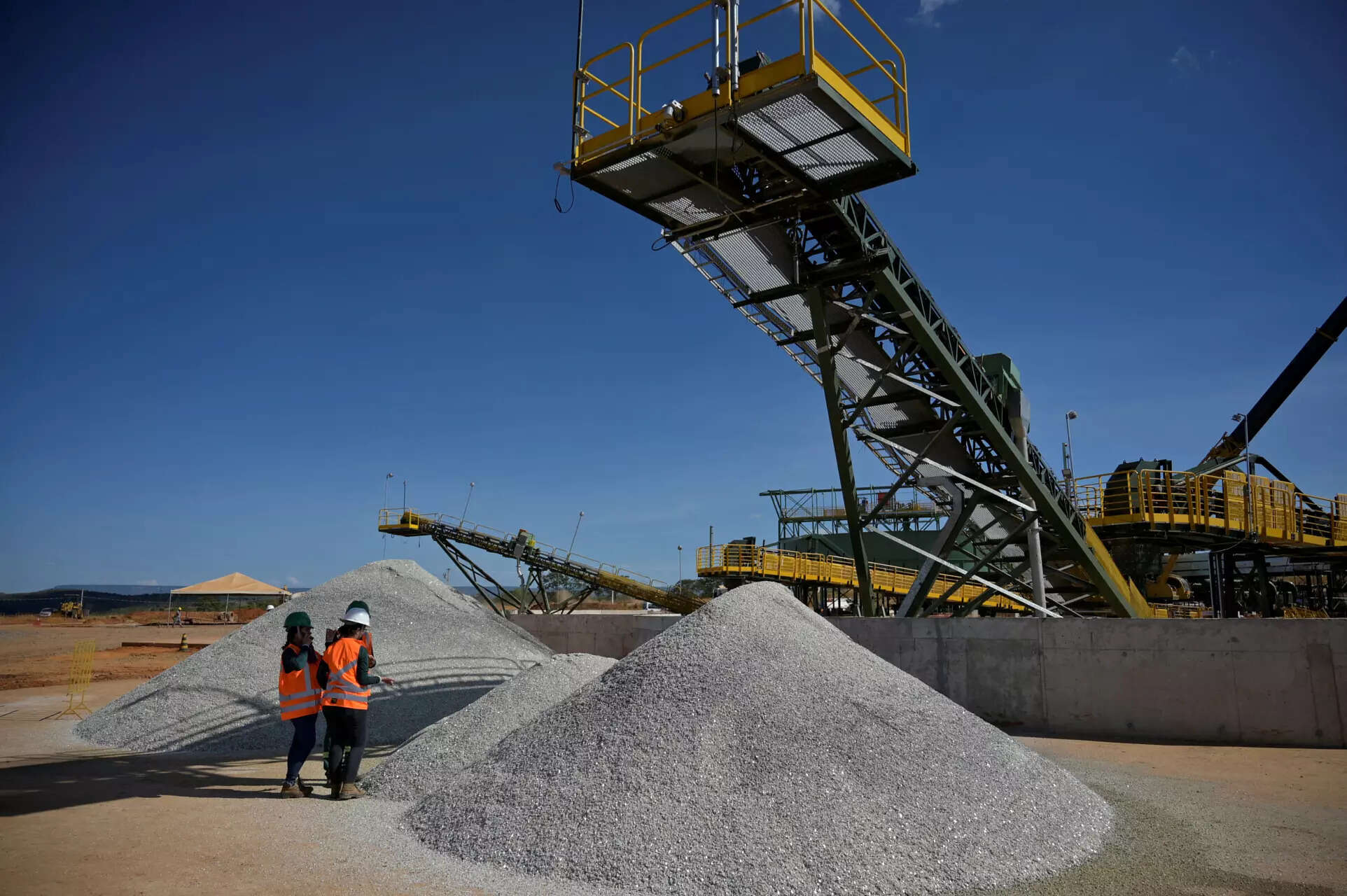
India will invite bids in the next two weeks for 20 critical mineral blocks, including lithium and graphite, a top government official said today. This move is part of the nation’s strategy to ensure adequate domestic resources of essential raw materials crucial for powering the green energy transition.
The auction process will involve minerals such as lithium and graphite, PTI cited Mines Secretary V L Kantha Rao.
India changed its mining rules in July in a bid to boost exploration of some critical minerals like lithium by allowing private miners to search for the materials. The reforms will be key for auctioning lithium blocks recently identified in Jammu and Kashmir, and Karnataka state.
Last month, India’s cabinet had approved royalty rates for three critical and strategic minerals. The approved royalty rates for lithium, Niobium and REE are 3 per cent, 3 per cent and one per cent, respectively.
State-run enterprises have been actively scouting the globe in search of these valuable mineral resources. Meanwhile, prominent energy giants like Coal India Ltd. and NTPC Ltd. are meticulously strategizing their foray into the mining sector to tap into these essential materials.
Additionally, the establishment of Khanij Bidesh India Ltd., a joint venture involving three government-owned companies, further underscores India’s commitment to securing critical mineral assets on an international scale, with a primary focus on regions such as Australia and South America.
India has been exploring ways to secure supplies of lithium, a critical raw material used to make electric vehicle batteries. In February, India found its first lithium deposits in Jammu and Kashmir with estimated reserves of 5.9 million tonnes.
Lithium-ion battery costs rose last year for the first time in the EV era, according to BloombergNEF. Elon Musk bemoaned lithium’s “insane” rally and said high raw material costs were among Tesla Inc.’s biggest headwinds.
As the world moves away from gasoline-fueled combustion engines, demand for lithium, nickel, cobalt and other metals that go into lithium-ion batteries is soaring.

